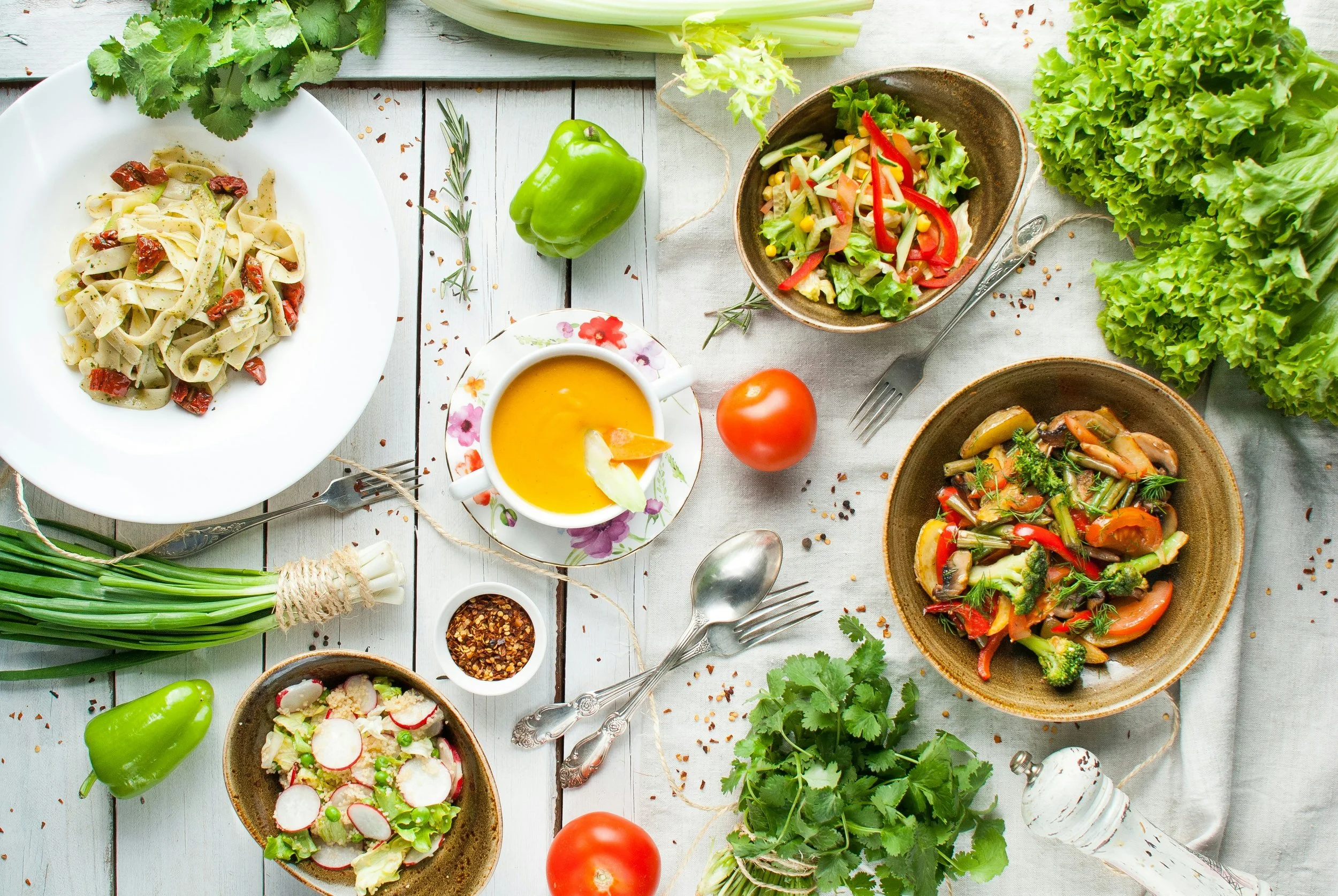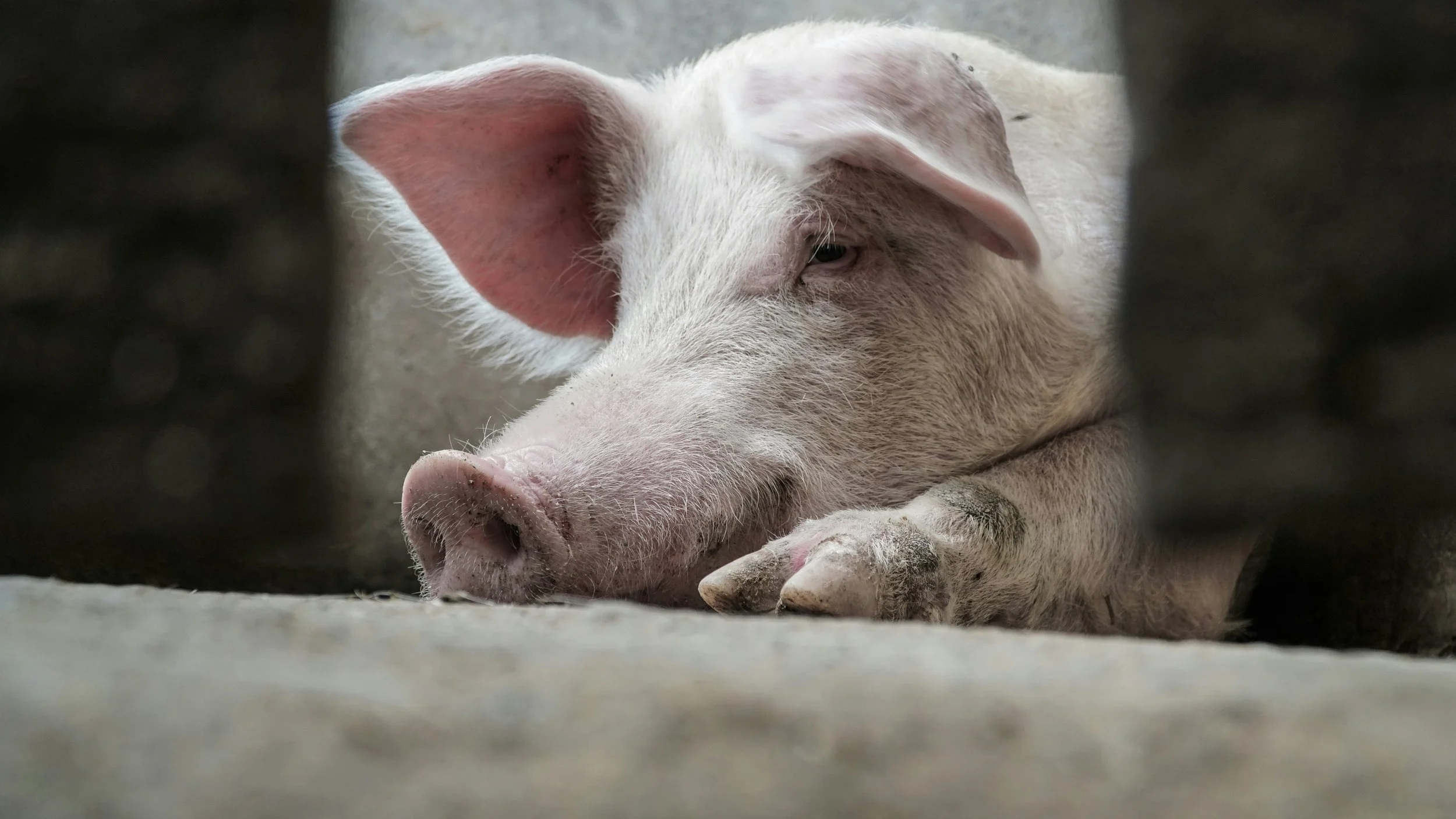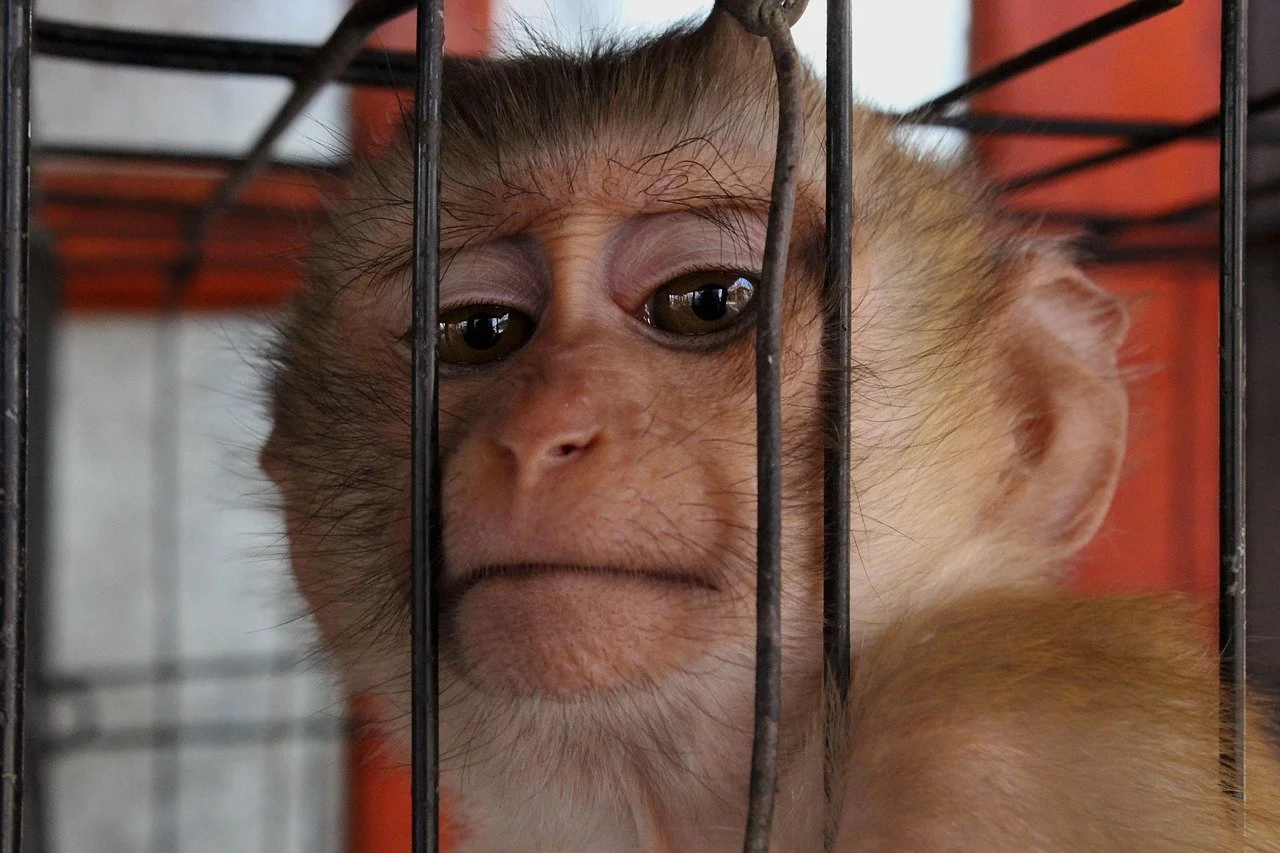What happens to your body after 30 days without animal products?
Going plant-based is a long-term commitment, fuelled by dedication to ethics and a better world. However, ditching meat and dairy might also come with some unexpected perks to those who take the step.
The potential health benefits of cannot be denied – from better gut health to clearer skin, going green can maximise your well-being in many ways. Like any other diet, a plant-based meal plan has to be meticulously curated, making sure that you're getting all the nutrients your body needs. “When you give up animal foods, there are many health benefits associated with this change,” says Sharon Palmer, MSFS, RDN, also known as the Plant-Powered Dietitian. “People who eat vegan diets have significantly lower risks of heart disease, type 2 diabetes, hypertension, obesity, and certain types of cancer.”
“Reducing risk of disease doesn’t happen that quickly. But you are on the road to these benefits immediately. What does happen very quickly are positive changes for weight, blood cholesterol, inflammation, blood glucose and blood pressure.”
Reduced inflammation
Plant-based foods are rich in fiber and antioxidants, both of which fight inflammation in the body. They are also lower in saturated fats, which can contribute to inflammation. Since chronic inflammation is linked to conditions such as diabetes, cardiovascular disease, and cancer, you might want to reduce its impact on your body through choosing anti-inflammatory foods as much as you can. Quick word of warning: to get the full anti-inflammatory benefits, you'd have to opt for whole foods such as fruit and vegetables. Cookies and chips won't cut it, vegan as they may be.
Improved gut health
Gut health can be improved by going plant-based, even if your stomach's initial reaction might be one of overwhelm with the added fiber, especially if you weren't eating much fiber before. “Eating more plant foods, packed with essential fibre to feed our gut microbes, as well as vitamins and plant chemicals such as polyphenols, has been acknowledged as the best evidence-based strategy for supporting your gut health,” says Dr. Megan Rossi, also known as The Gut Health Doctor, on her website. But be careful that you're not just loading up on vegan hot dogs, but actually getting those beneficial plant foods in – a good rule can be following the 30 Plants per Week challenge, created by the British & American Gut Project.
Problem-free bathroom breaks
Trouble on the toilet? No longer: with the additional intake of fiber from fruit, whole grains and veggies, your bathroom breaks might become more regular. Meat is naturally low in fiber, so swapping it for beans and veggies increases your intake. By pulling water into your colon, the fiber makes stools softer and makes toilet time more easy and effortless. Once again, it's all about hitting that fiber: burgers and vegan cheese won't do the trick, no matter how delicious.
You may get turned off from meat
That's right: it can take as little as thirty days for those pork chops to seem a bit strange, rather than appetising. A small independent survey from Veganuary has shown that those who had taken part in its vegan January challenge were likely to have feelings of disgust towards meat at the end of the thirty days.
“The more meat people managed to cut out during Veganuary, the more their meat disgust grew over that month. When you stop eating meat, that disgust ramps up, which is really interesting. This suggests that just one month of meat abstinence changes how you view meat.”
Your skin could clear up
Pimples popping up again? Swapping cow's milk for soya milk in your cappuccino could help. Casein and whey, both proteins present in milk, could trigger inflammation in skin – which then shows up as a pimple on your nose on the day of that blind date. While the calcium in milk can be replaced with vegan plant sources like tofu and green, leafy vegetables, plant milks might carry the benefit of added vitamin E, which has skin-protecting qualities.
“Dietary dairy has been shown to cause skin trouble for some people in various ways including flaring acne, eczema, rosacea, and even autoimmune conditions. The dairy that you consume daily disrupts your natural insulin levels. Higher insulin levels in the body can leave you with skin issues including acne, rosacea, eczema, pigmentation, and dryness.”
Switching to a plant-based diet also comes with some undeniable benefits beyond our personal health. Protecting animals from a miserable life on factory farms and a horrifying death at the abattoir, as well as minimising our impact on the planet, is a guarantee that comes with choosing plants over animals on our plates. Plant-based foods being healthy and delicious is just an added bonus.
Are you plant-curious? Try our 30-day plant-based challenge today!
Starting October 1 2025, join Species Unite’s 30-Day Plant-Powered Challenge — 30 days of eating and living in a way that’s kinder to animals, the planet, and yourself.
Daily tips, recipes, and inspiration straight to your inbox
Free to join
A simple way to make a big difference
Every meal is a choice — choose kindness.
We Have A Favor To Ask…
Species Unite amplifies well-researched solutions to some of the most abusive animal industries operating today.
At this crucial moment, with worldwide momentum for change building, it’s vital we share these animal-free solutions with the world - and we need your help.
We’re a nonprofit, and so to keep sharing these solutions, we’re relying on you - with your support, we can continue our essential work in growing a powerful community of animal advocates this year.





Animal testing for cosmetics seems like a thing of the past – but it's still an ongoing battle.